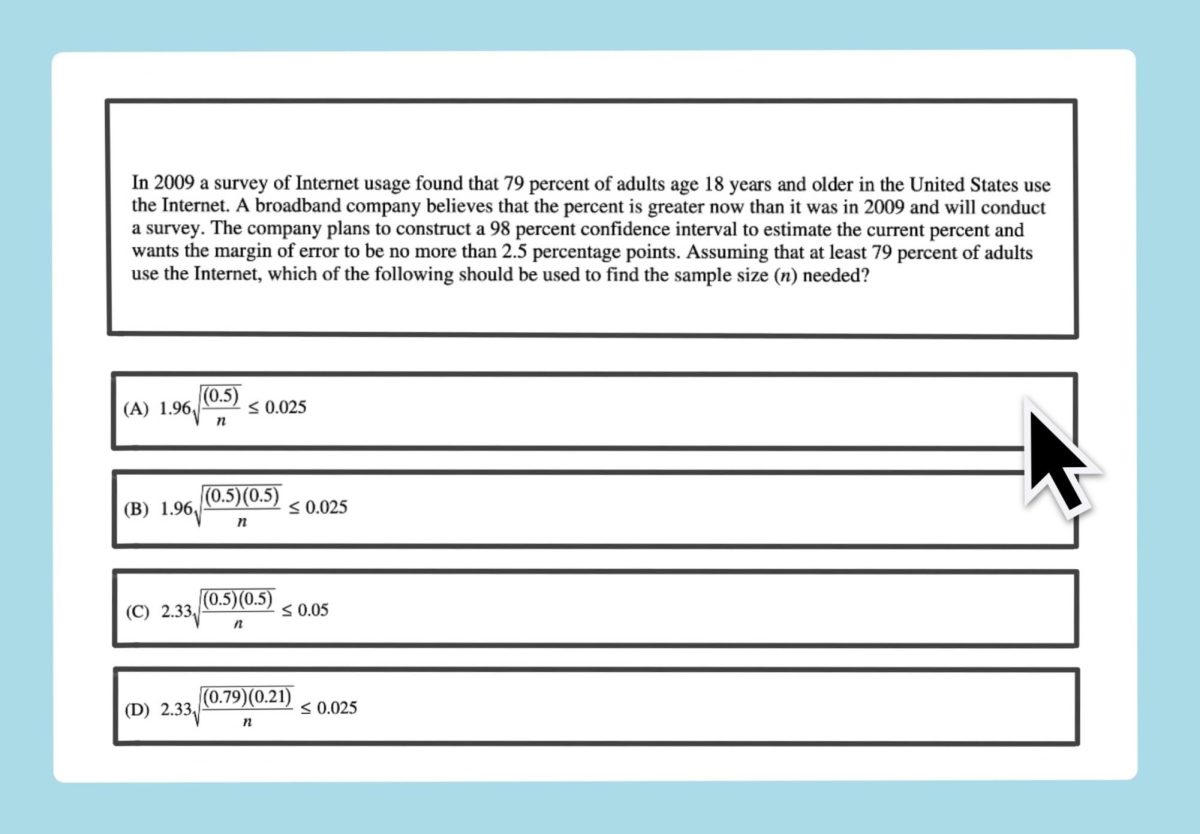
After leaving Grady’s campus to get lunch in 2011, senior Claire* received three days of “School of Opportunity.” After a disciplinary infraction, a Grady student can receive anywhere from one to three days of “In-School Suspension/School of Opportunity.” These students spend their designated time in a silent room between the C200 and E200 hallways where they must work on the school work provided to them by their teachers.
“I was told that I couldn’t go to my classes and my teachers would bring me my work,” Claire said. “I honestly don’t know the difference [between ISS and School of Opportunity].”
This dual naming has confused students as well as administrators and has distorted the discipline statistics that Grady is required to report to APS. In 2011, Grady reported only one ISS to APS, as compared to the 136 instances reported in 2010 prior to the implementation of the School of Opportunity. (It is unclear whether 2010 and 2011 refer to two calendar years or two semesters in the same school year. Kent Johnson, open records specialist, did not return calls or an email asking to clarify the report.) This single ISS in 2011 is recorded on the school’s Discipline Comparison Report, which tracks items such as violent altercations, sexual offenses and drug use occurring on campus. Parents, community members and APS officials refer to this report in order to gauge Grady’s safety.
Assistant principal Rodney Howard said he thought the Discipline Comparison Report, which showed only one ISS in 2011, was inaccurate, and he said it should be changed. Howard said in 2010 the ISS program became jointly known as the School of Opportunity under the direction of now-retired assistant principal Roosevelt Foreman.
“The School of Opportunity was just a name we gave it, so it would have less of a negative connotation in parent’s minds,” Assistant principal David Propst said.
Though Howard was teaching health and physical education in the 2010-2011 school year, he said he has basic knowledge of the program. He said that SOP and ISS are synonymous, but also indicated there are differences between the two.
“School of Opportunity is for students committing less serious offenses, such as skipping detention,” said Howard, who added in a subsequent interview that the School of Opportunity no longer exists.
“As of right now we don’t use School of Opportunity,” Howard said. “We had to change it in reference to a situation last year or the year before. It’s just what sticks in everyone’s minds.”
Grady discipline office administrative assistant Nicole Rozier, who inputs disciplinary infractions into the data collection system, confirmed that when entering disciplinary data, SOP and ISS are separate options.
She said she is told by Propst or Howard which to input. This data is then sent to APS’s Office of Open Records and included in the annual Discipline Comparison Report.
School of Opportunity, unlike ISS, is not included in the Discipline Comparison Report. Because ISS was so rare in 2011, APS was unaware that Grady even implemented ISS during the 2010-2011 school year.
“Neither school [referring also to Maynard Jackson] had in-school suspension for 2010-2011,” said Chantel Mullen, dean of student discipline and student relations administrator. “Schools are not required to have in-school suspension nor, to my understanding, is it a funded position.
Though it is not a funded position, Sgt. Maj. John Dillard has been in charge of monitoring students in ISS since 2005.
“On average there’s probably 10 to 14 students in ISS every day [this year],” Dillard said. “In 2011, there were less, more like eight to 10 a day.”
*name has been changed at the source’s request







